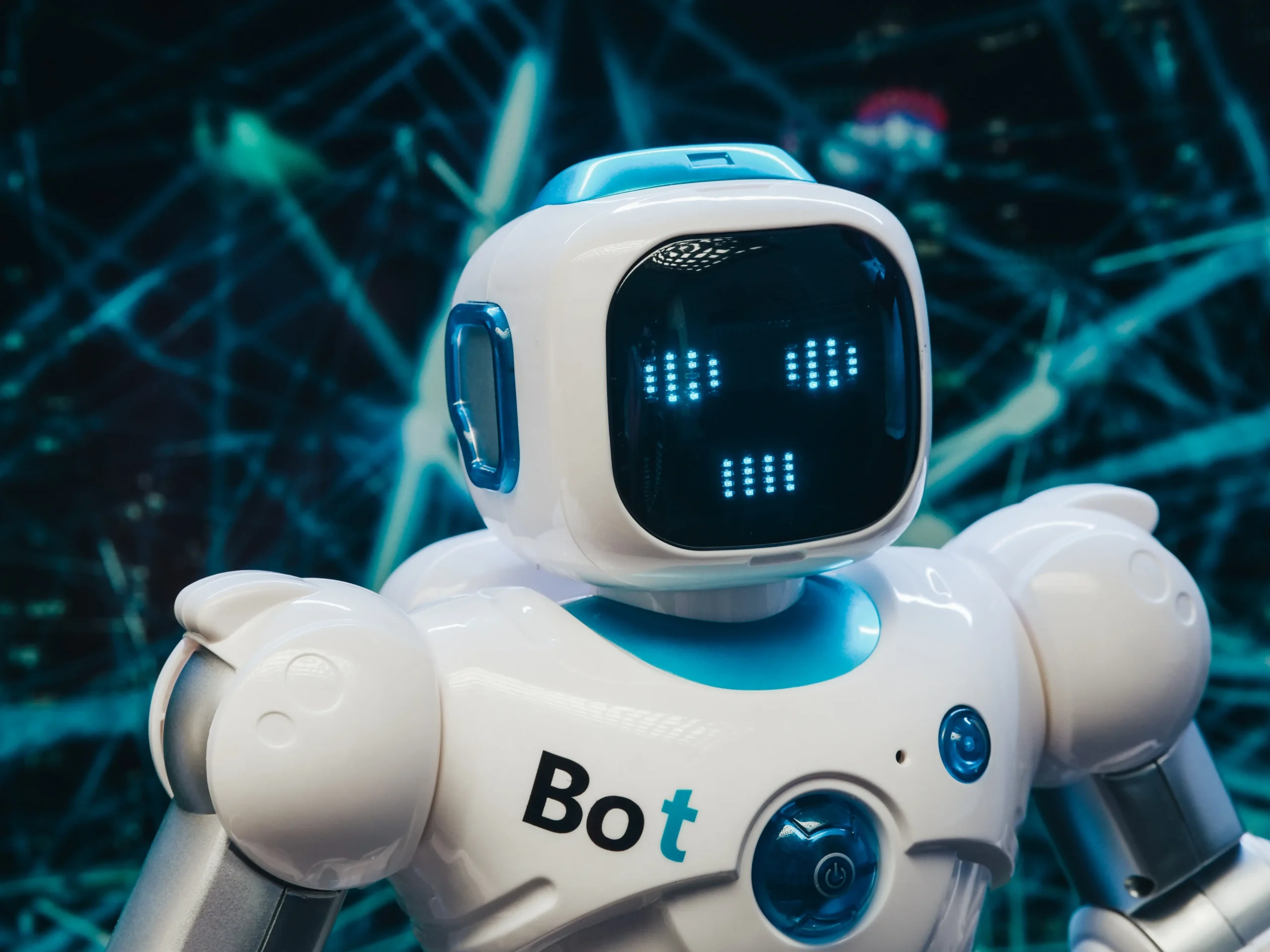AI is artificial intelligence. Artificial Intelligence may improve human well-being because it is likely to negate problems, simple human errors and lead to significant advances in technology. Artificial Intelligence algorithms are designed to make decisions, often using real-time data. They are unlike passive machines that are capable only of mechanical or predetermined responses. Using sensors, digital data, or remote inputs, they combine information from a variety of different sources, analyze the material instantly, and act on the insights derived from those data. Many argue that AI improves the quality of everyday life by doing routine and even complicated tasks better than humans can, making life simpler, safer, and more efficient. AI systems have the ability to learn and adapt as they make decisions. Their advanced algorithms, sensors, and cameras incorporate experience in current operations and use dashboards and visual displays to present information in real-time.
But AI is still in its beginning phase and lead to significant harm if not managed adequately. There are many areas in which AI can pose a danger to human beings. AI is not a futuristic vision, but rather something that is here today and being integrated with and developed into a variety of sectors. There are numerous examples where AI already is making an impact on the world and augmenting human capabilities in significant ways.
“Success in creating effective Artificial Intelligence could be the biggest event in the history of our civilization. Or the worst. So we cannot know if we will be infinitely helped by AI, or ignored by it and side-lined, or conceivably destroyed by it.”
—Stephen Hawking
AI is definitely here to stay, whether we like it or not. AI will have a big impact, and to the extent of your abilities, you should try to understand the fundamentals of how it functions. The best way to move forward is to be aware and adapt to the new technology around us.

